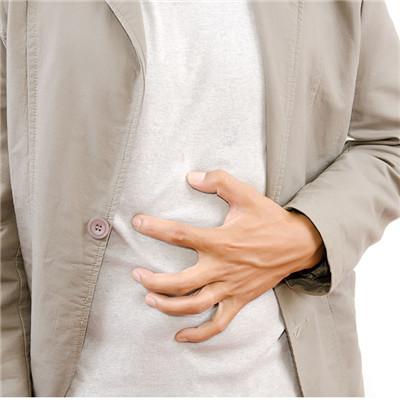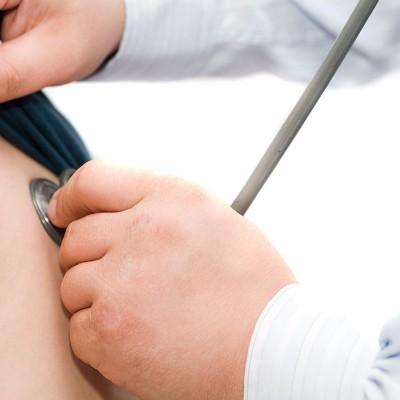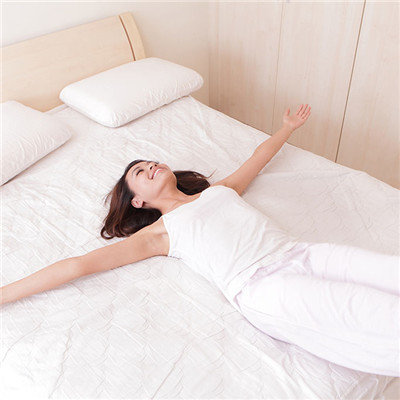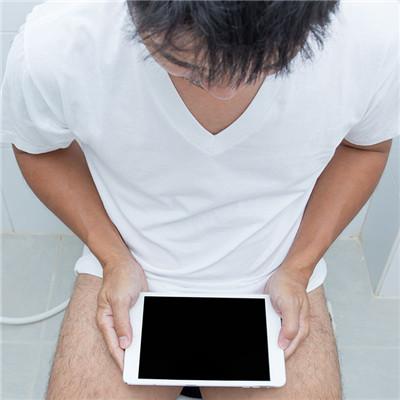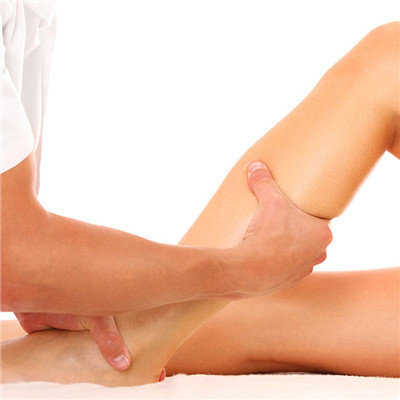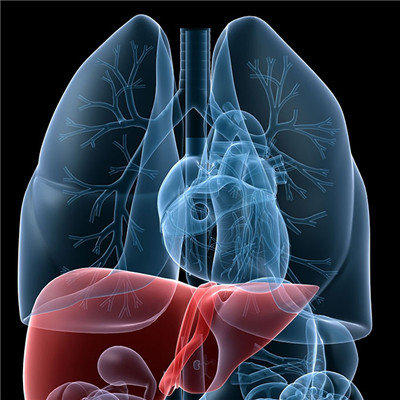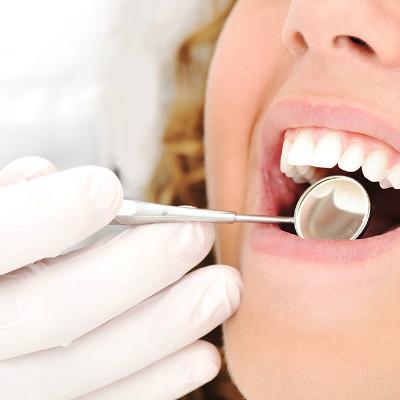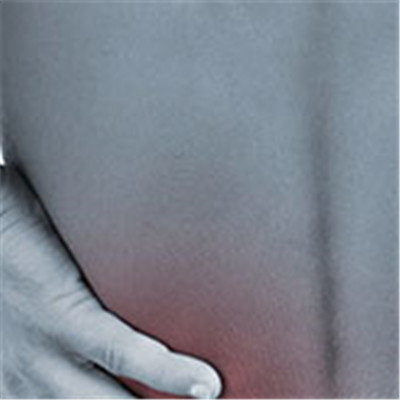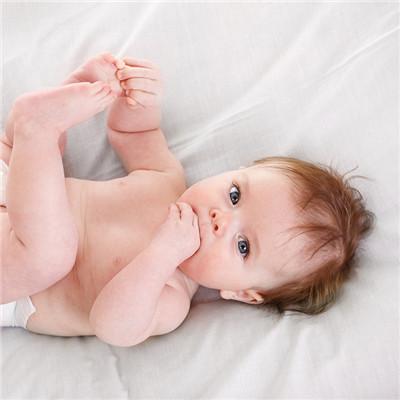Initial symptoms of obsessive compulsive disorder
summary
In daily life, there are many people will be troubled by mental illness, obsessive-compulsive disorder is a more common one. So what are the early symptoms of obsessive-compulsive disorder? Under the pressure of modern society, it is very necessary for us to understand some early symptoms of obsessive-compulsive disorder, which can effectively prevent the occurrence of obsessive-compulsive disorder. Let's talk about the initial symptoms of obsessive-compulsive disorder?
Initial symptoms of obsessive compulsive disorder
Forced recollection and association: that is to recollect and associate some things you have experienced or done and what you or others have said unconsciously. The common one is that a certain past, a certain sentence or a certain song appears repeatedly in the mind. Bin's symptom is forced memory.
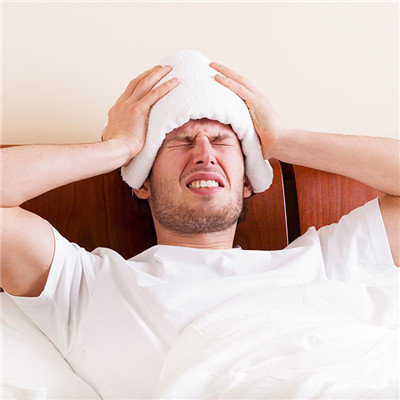
Compulsive doubt: that is to doubt what you have just done. For example, if you have just locked the door, you doubt that it has not been locked; Just threw the letter into the mailbox, always suspected that he did not stick stamps; As soon as I finish my homework, I suspect that I have missed it or made a mistake; Just washed hands, but always feel very dirty. Patients with obsessive-compulsive suspicion often show doubts and anxiety, and make some compulsive behaviors, such as repeated examination, repeated hand washing and so on.
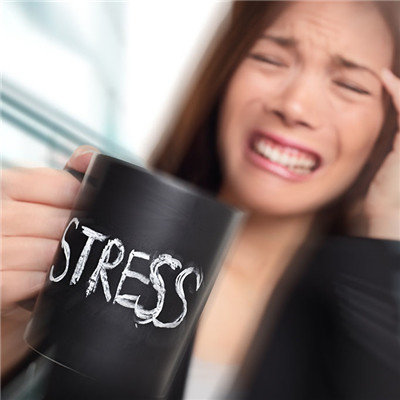
The idea of forced opposition: in short, the more you want to control, the more you keep on appearing. This kind of thought or idea is often bad, contrary to the moral concept, is the reflection of the patient's potential desire, therefore, the patient is deeply ashamed, nervous, afraid to be seen by others, and strive to control, but the more want to control, the greater the temptation, the higher the frequency of occurrence, constantly aggravating the patient's sense of guilt and inferiority.
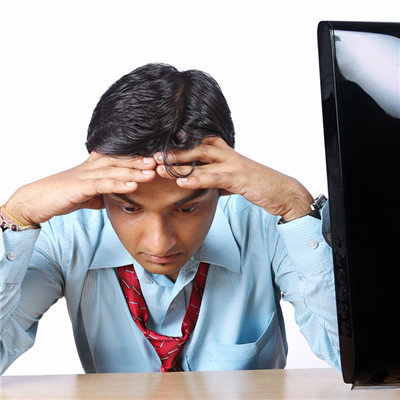
matters needing attention
Music therapy (relaxed and happy, active emotions, rich knowledge, beneficial to reduce the alienation and strangeness of the external reality) exercise therapy (the purpose is to mobilize the central nervous system to regulate the system. B-endorphin released by the body during aerobic exercise is an endogenous chemical substance that can relieve pain and anxiety
